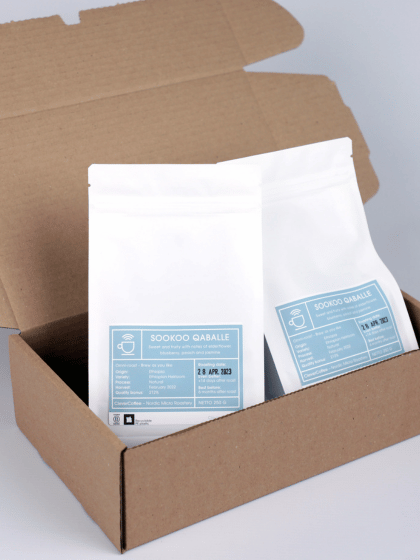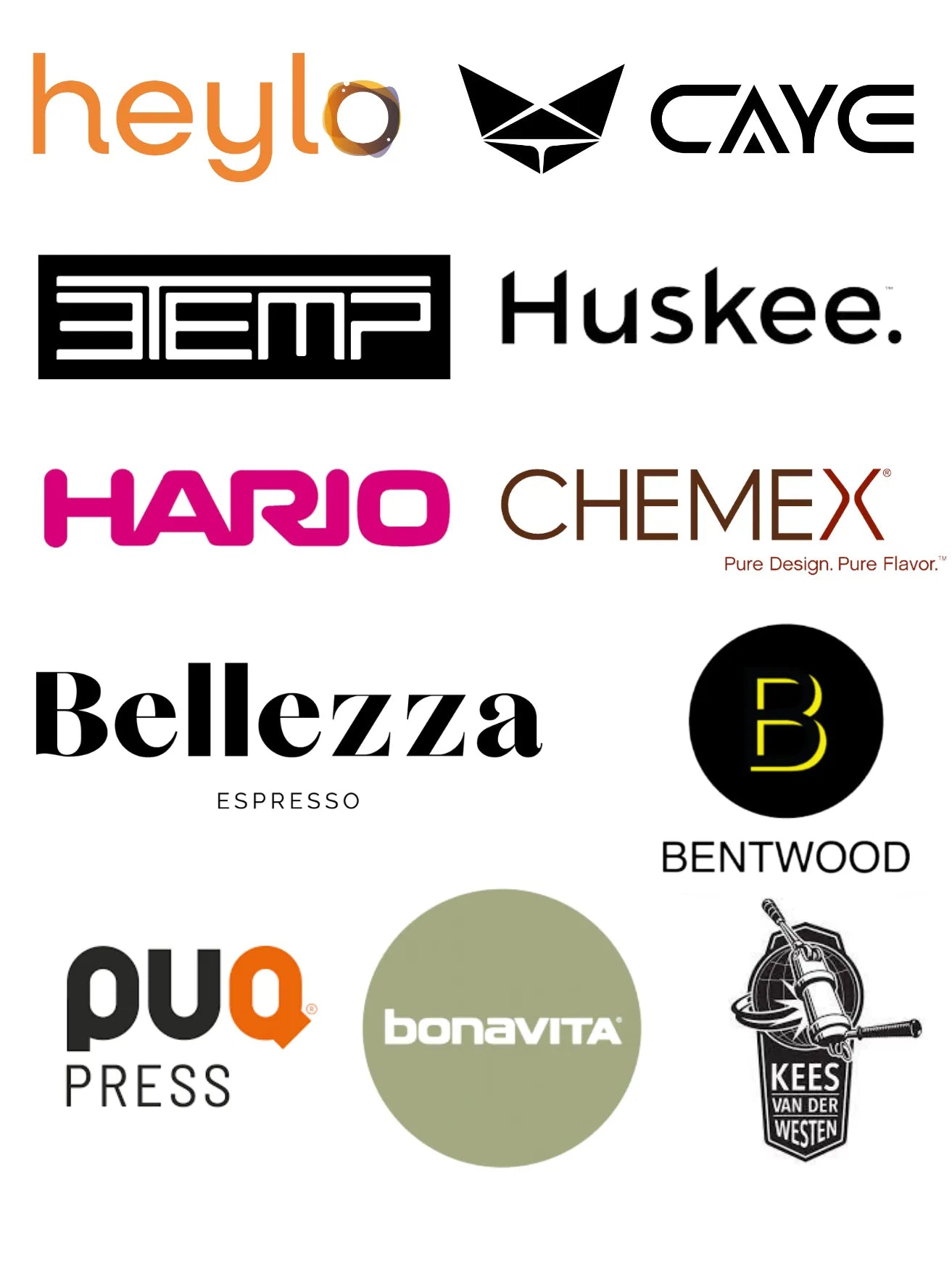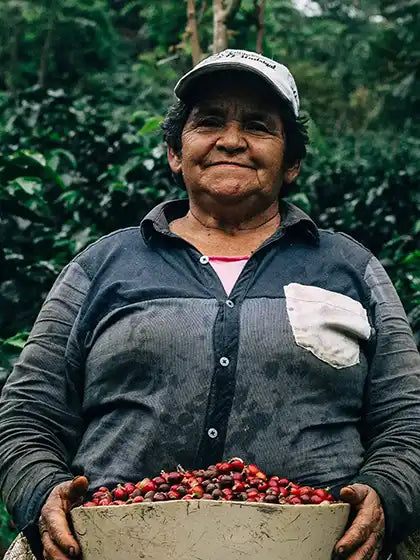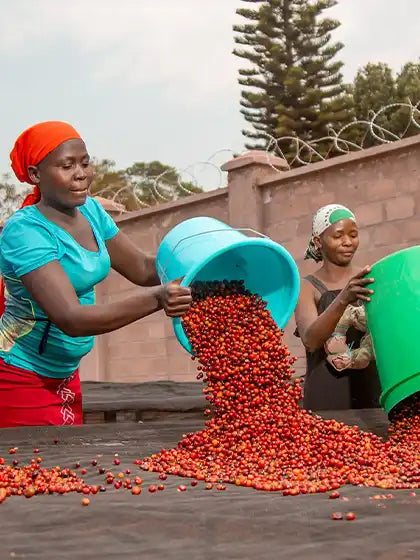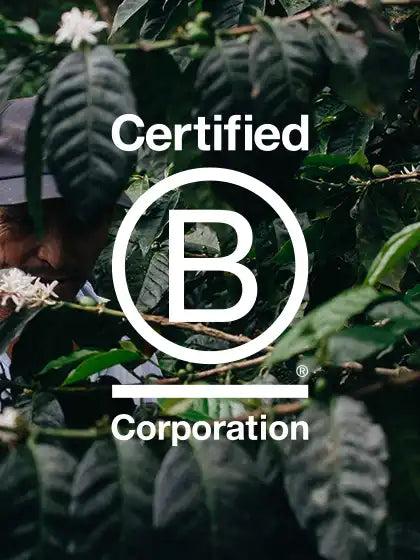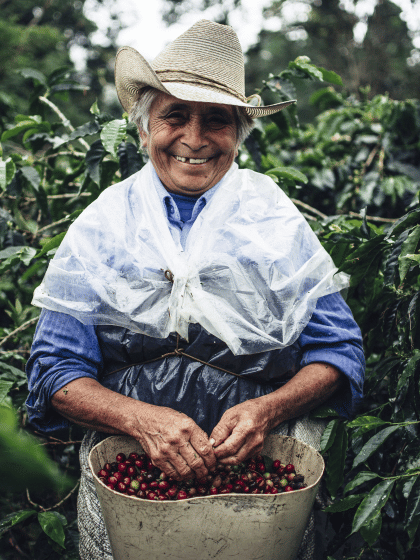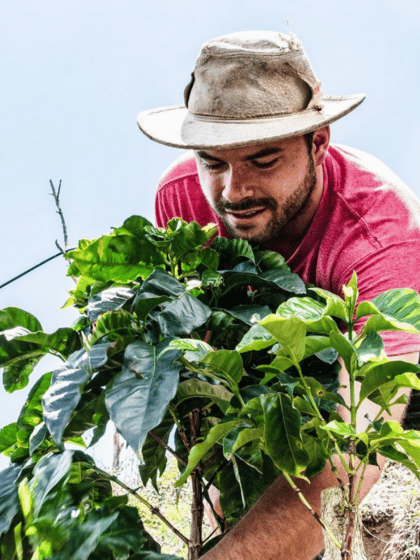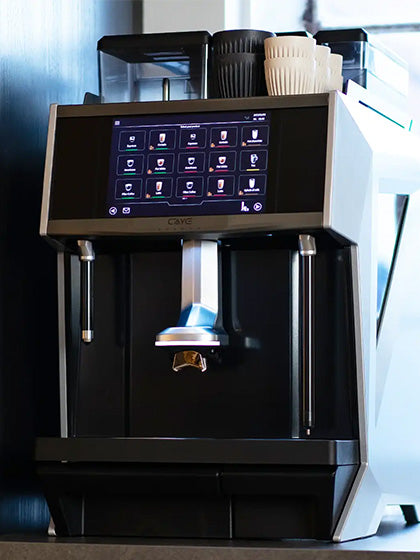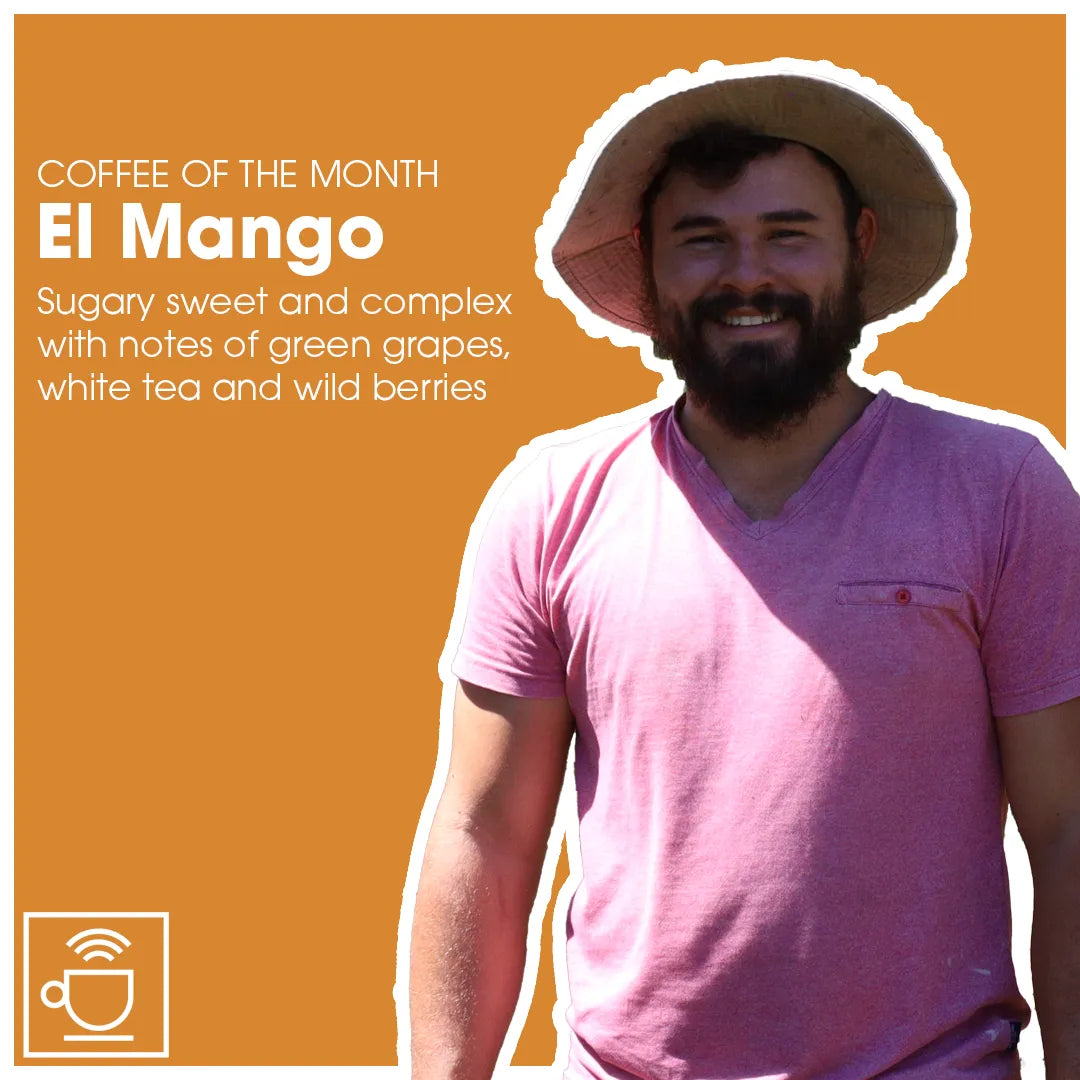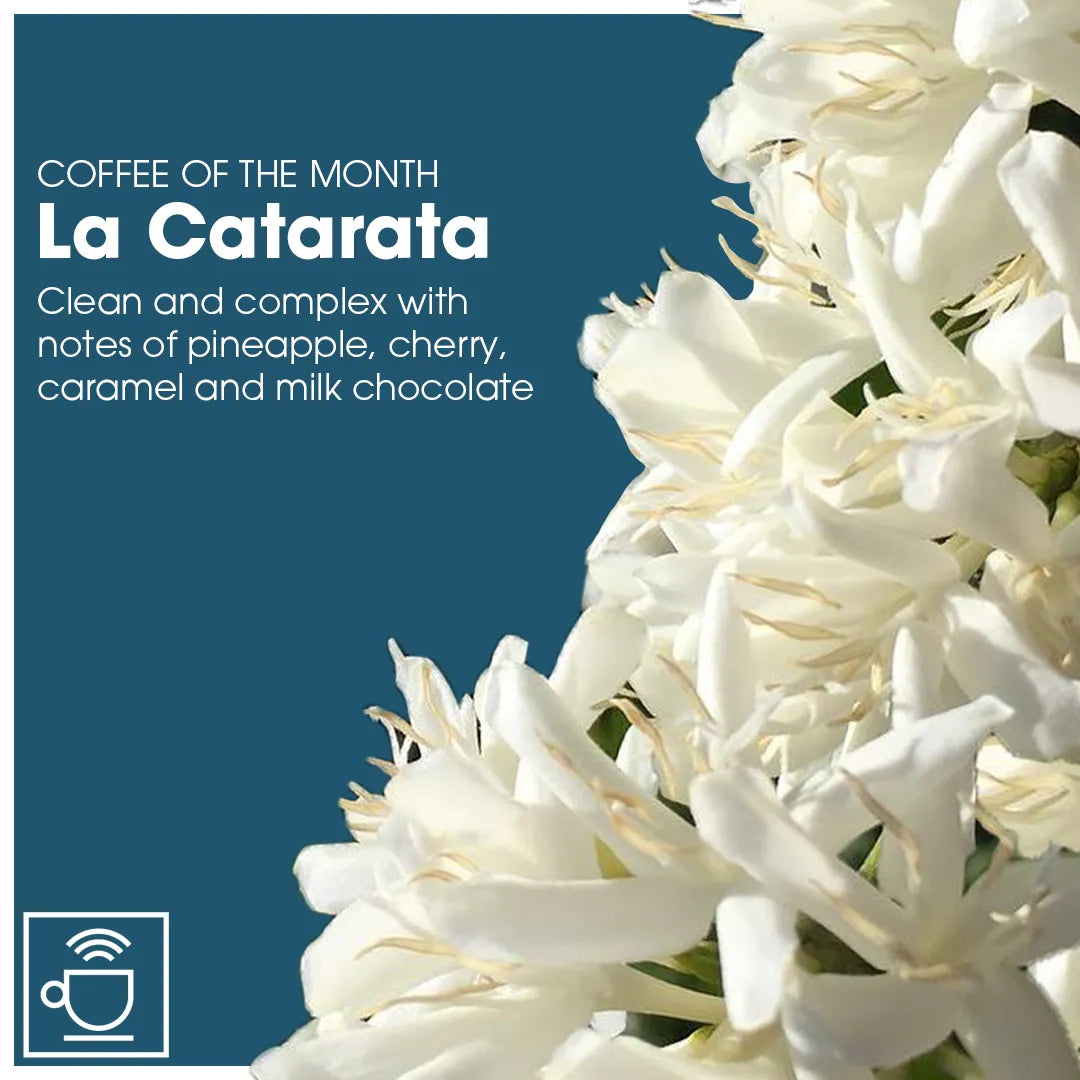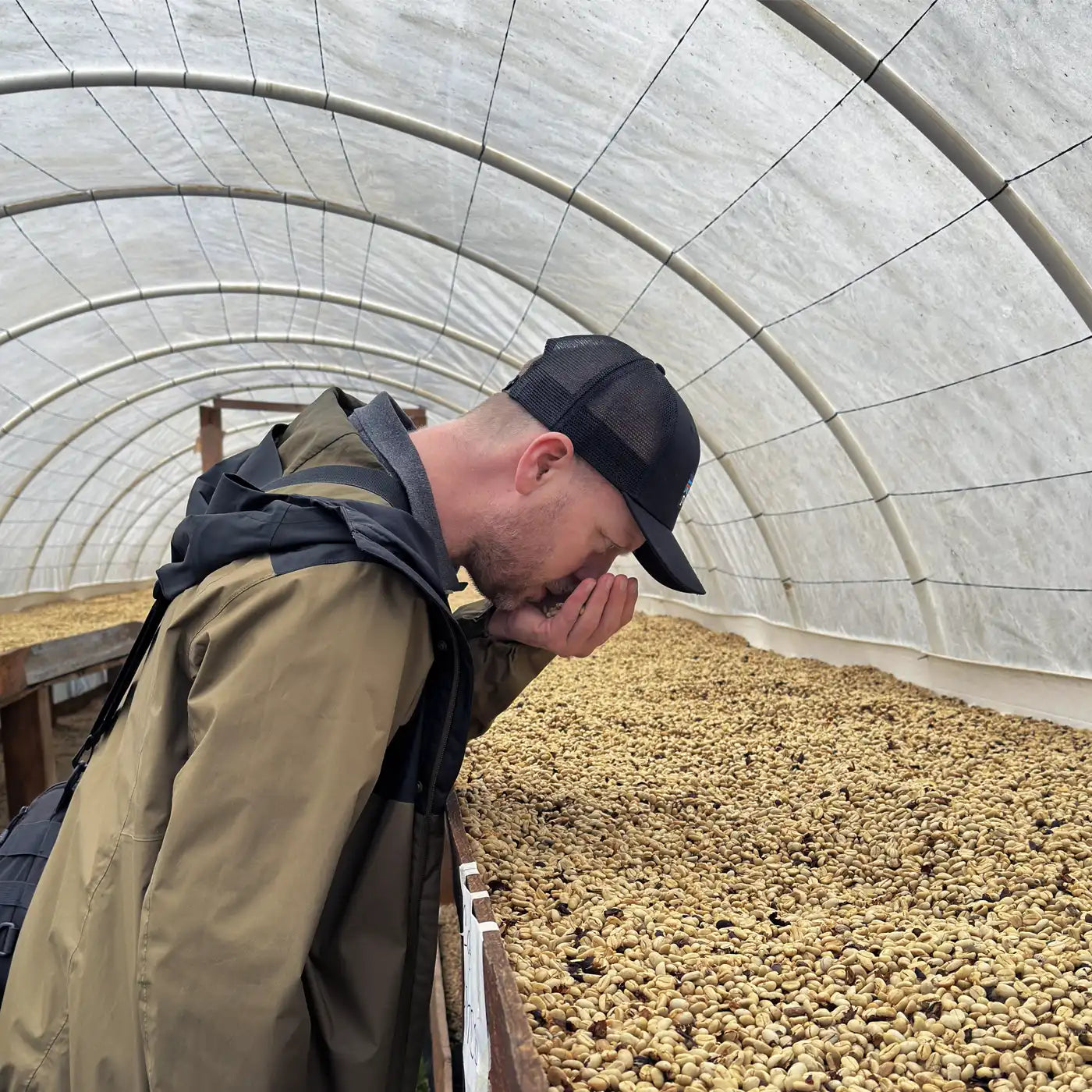
I've discussed my concerns about certified organic coffee before, but I'd like to share some insights directly from the coffee farmers I visited in Honduras earlier this year.
Let me start by saying that growing coffee with minimal environmental impact has always been the goal for us at CleverCoffee. The same goes for our partners at Cafesmo in Honduras.
Growing organically is a great way of minimising the impact of production on the immediate environment on and around the farms.
However, there's a significant issue, which we need to address: The Certification.
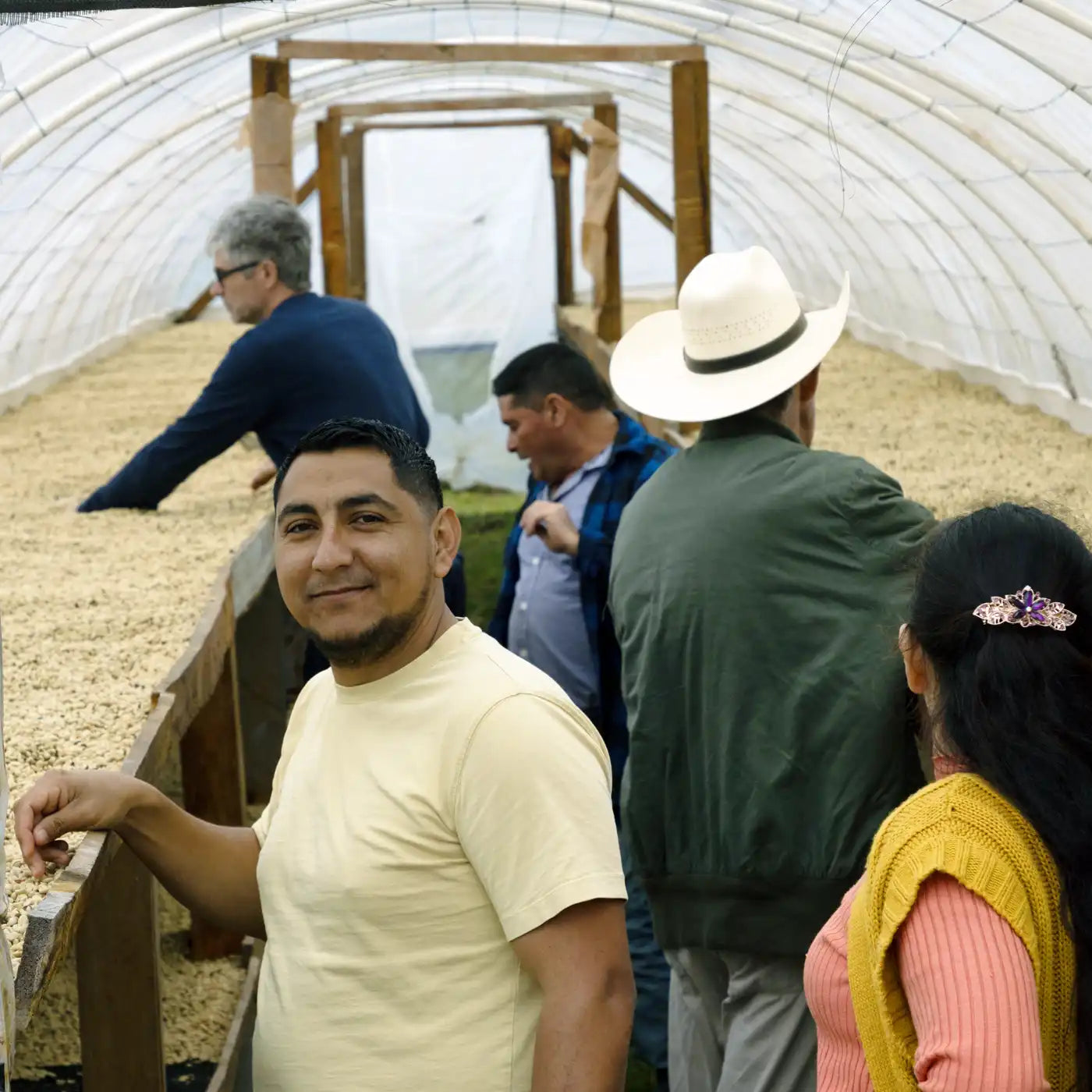
Dedicated Farmers
I've never met such dedicated people as the coffee farmers I met in Honduras. Despite having so little, they are eager to continuously learn and improve their balance with nature.
The coffee they grow is not only organic but also nurtured in agroforestry systems. They care about their yield and quality, as well as biodiversity, soil impact, and water quality.
This commitment is remarkable, especially considering that their income barely covers production costs and is nowhere near what an illegal immigrant can earn in the US. In fact, an illegal immigrant in the US can earn 3-4 times the income of a small coffee farmer.
So why do they continue?
They depend on a balanced, functioning environment and understand the long-term impact of their immediate surroundings.
They take significant responsibility for mitigating the effects of climate change, caused by our way of living.
What We Don't Talk About
The Certification Challenge
Certified organic cooperatives and coffee farmers face a massive administrative burden to document that they meet all requirements. They must continuously run tests, pay for lab results, and be prepared for unannounced audits.
On top of this, they must pay a fee for certification. For a small cooperative like Cafesmo, this is a comprehensive task, requiring more than a full-time employee and costing several thousand dollars a year.
But isn't it worth it because they get higher payments for their coffee? Unfortunately, it's not that simple. Although all their coffee is certified organic, only about 10% is sold as such.
This pattern is consistent across the coffee industry, supported by Columbia University's 2021 report "Responsible Coffee Sourcing: Towards a Living Income for Producers”, which concludes that less than 50% of certified coffee is sold as certified.
The demand for certified organic coffee exists, but there’s a reluctance to pay a profitable premium. Often, coffee is sold as organically grown without certification, bought from farmers at lower prices, leaving them without coverage for the certification expenses. Importers and roasters demand certification but aren’t willing to pay for it.
In worse cases, farmers are offered the higher organic premium but are then asked to return the payment to a different account. If they refuse, they won't get to sell their coffee.
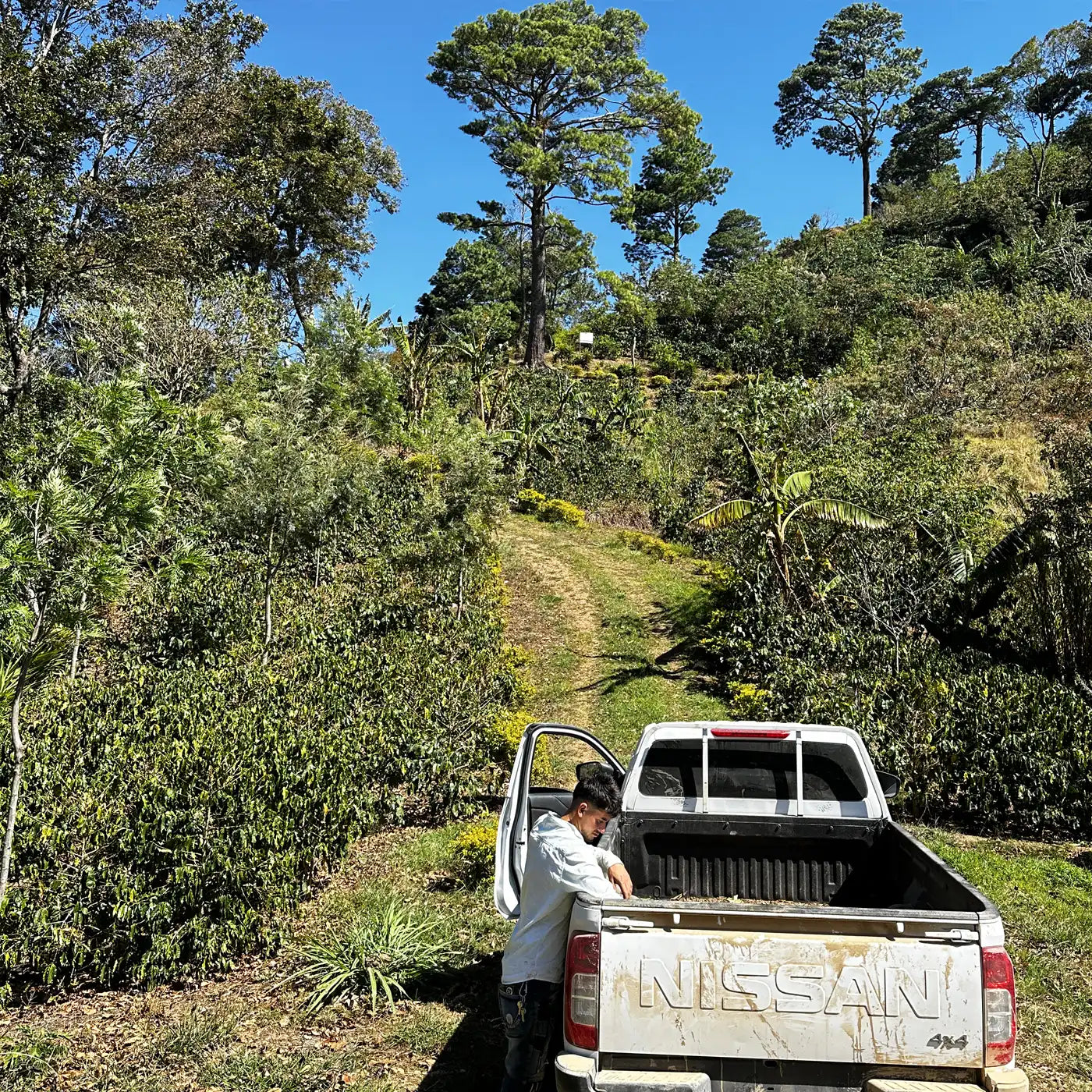
The Currency of Organic
Economic Realities
The Fairtrade organic minimum price is only $0.88 more per kilo than a non-organic coffee.
Considering coffee prices are almost the same as 45 years ago, and that this extra payment only applies to 10-50% of the coffee sold, the certification’s value is significantly diminished for farmers.
Who Benefits?
Who benefits from certification, and how can we make it worth the extra effort for farmers? I don’t have all the answers, but I can share what we’re doing.
Our first container of certified organic coffee is departing Honduras, and it makes me very happy that the demand for IMPACT No. 02 has grown to the point where we can now import a full container of this coffee.
This means we’ll go from purchasing from 16 small farmers to around 80 smallholder farmers, who will now receive extra payments for their coffee, whereas they previously received only a smaller payment.
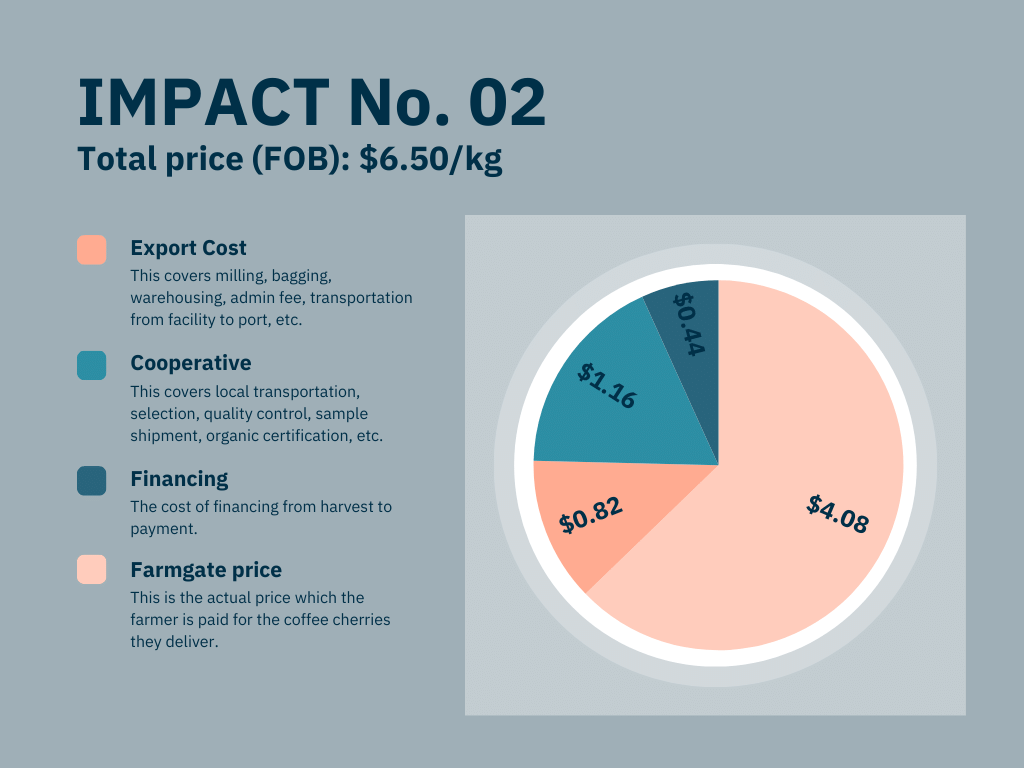
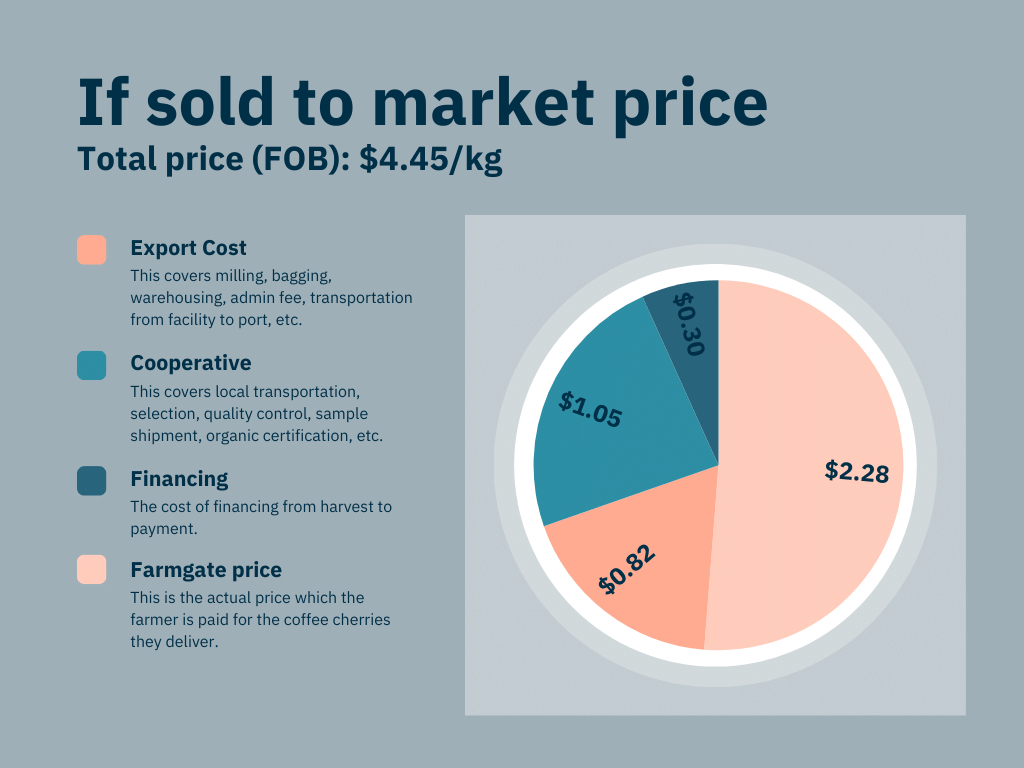
How CleverCoffee Pays
Price Breakdown for IMPACT No. 02
$6.50/kg FOB: This is the total price CleverCoffee paid for IMPACT No. 02.
- $0.82: For the exporter (milling, bagging, grain pro bags, warehousing, admin fee, transport from facility to port etc.)
- $1.16: For Cafesmo (local transport, drying, selection, warehousing, quality control, sample shipment, organic certification + admin, Cafesmo employee incomes etc.)
- $0.44: For financing
- $4.08: The “Farmgate price”. This is how much of the total is going to the farmer and his employees.
If We Didn't Pay Extra
Price Breakdown for the Market
$4.45/kg FOB: The average of the local price during the weeks that the farmers brought their coffees to Cafesmo.
- $0.82: for the exporter
- $1.05: for Cafesmo
- $0.30: for financing
And for the farmers, we end up with only:
- $2.28: Farmgate price. This is how much of the total is going to the farmer and his employees.
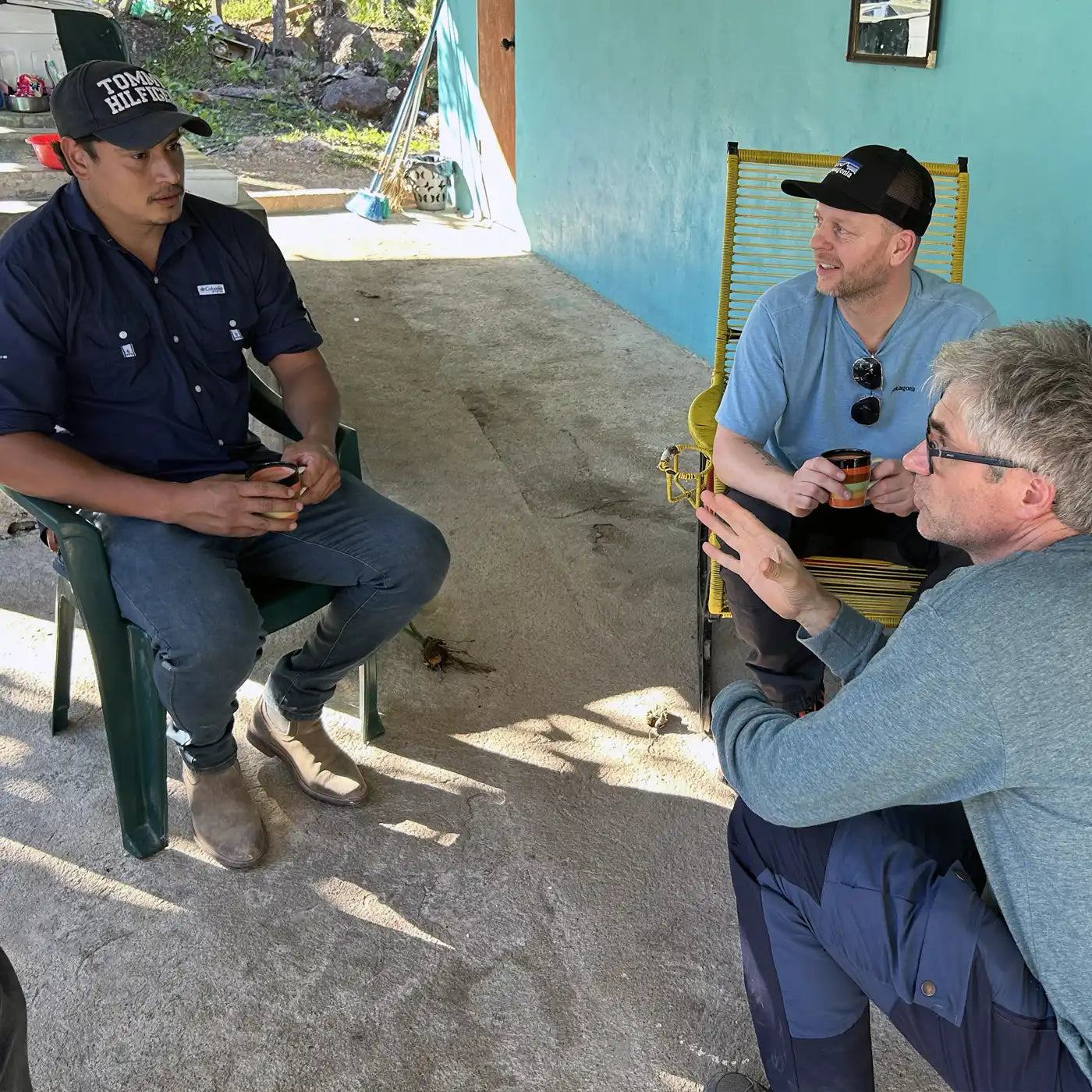
Moving Forward
The challenges faced by coffee farmers in obtaining and maintaining organic certification are significant. Despite their dedication to sustainable farming practices and their crucial role in preserving the environment, the economic returns often do not justify the substantial efforts and costs involved. This reality undermines the value of certification for those who need it the most.
Broader Implications
The broader implications of this situation are troubling. If the certification system continues to place disproportionate burdens on farmers without adequate compensation, it risks discouraging sustainable practices. The integrity and purpose of organic certification are called into question when only a fraction of certified coffee is sold as such. This situation can further deepen the cycle of poverty among smallholder farmers and hinder global efforts to promote sustainable agriculture.

My Proposition for a Better Solution
What Can We Do Differently?
Organic agriculture is great - under the right circumstances. But we have to ensure that we are not taking advantage of anyone to satisfy our own conscience. When you are looking to find a new supplier of organic coffee, we recommend you consider the following:
- Buy directly: Whenever possible, purchase coffee from roasters who import directly with farmers. This can help ensure that more of your money goes directly to the producers.
- Advocate for transparency: Encourage your favourite coffee brands to be transparent about their sourcing practices and the premiums they pay for certified organic coffee.
- Be willing to pay more: Understand that higher prices for certified organic coffee can mean fairer compensation for the farmers. Consider this an investment in sustainable agriculture and the well-being of farming communities.
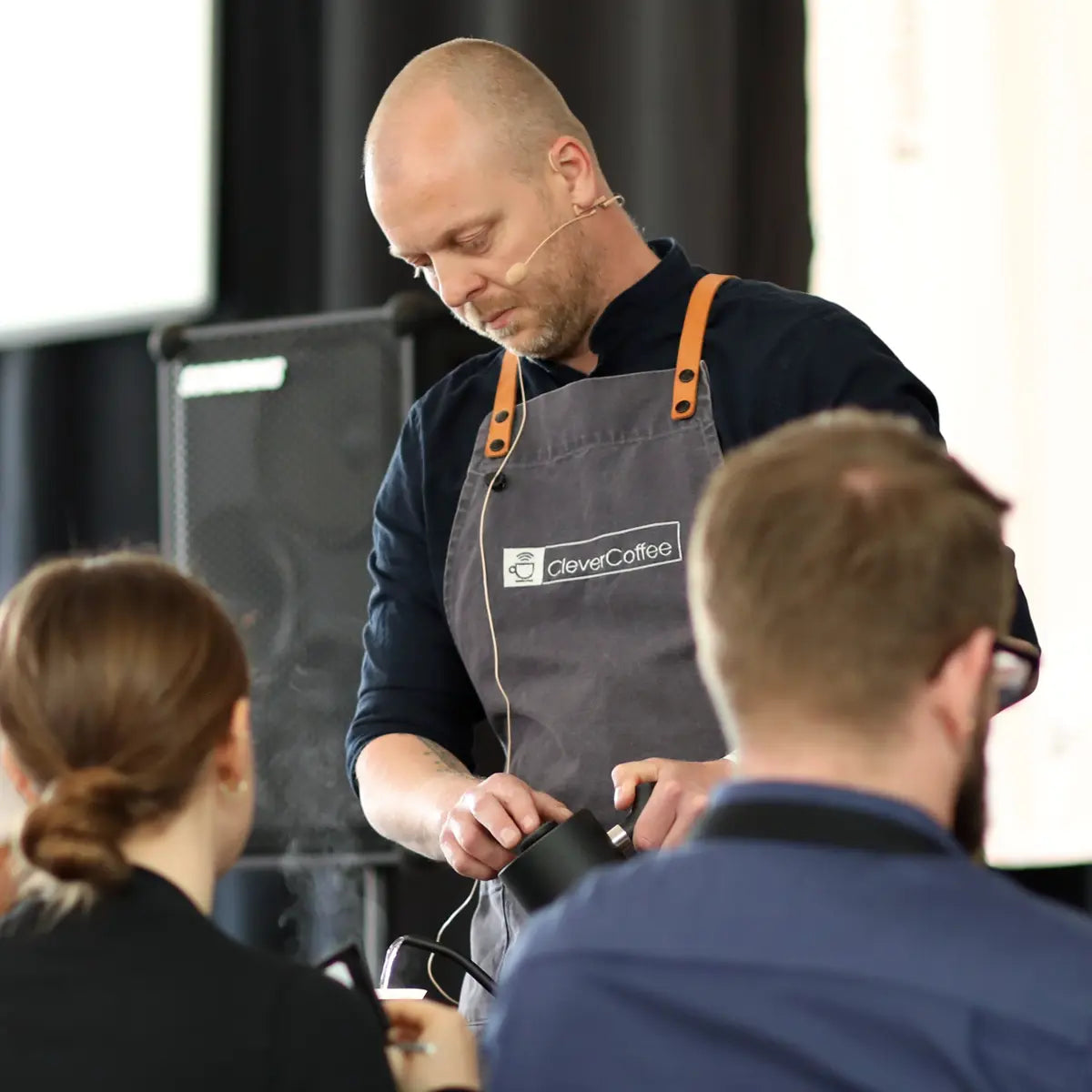
Written by Lindy Brogaard
Head of Coffee
CleverCoffee

